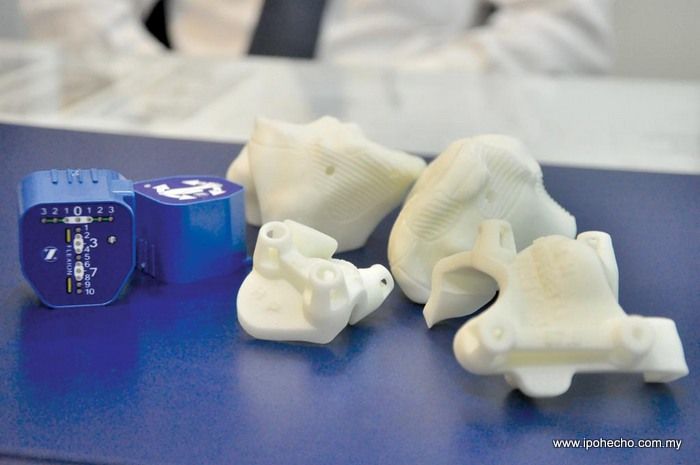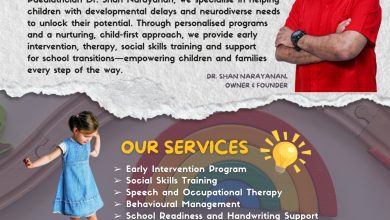

Wellness
By SeeFoon Chan-Koppen
Prior to knee replacement surgery two years ago, I knew nothing about the procedure and the only thought in my mind was to seek out the best orthopaedic surgeon in Malaysia, one who replaces knees like he changes his underwear, and one who performs this dramatic procedure with unerring precision. One such doctor was Professor David Choon, whom I had the good fortune to have performed my double knee replacement surgery and who has taught and mentored so many young orthopaedic surgeons that he has been elevated to almost godlike status and accorded due reverence.


After graduating from UPM, Dr Cheong did his housemanship at Seberang Jaya Hospital in 2002 followed by a 2-year stint in the orthopaedic department. In 2006, he had further training in orthopaedics in Penang GH, followed by two years at the University of Malaya where he received his Master’s degree in Orthopedics in 2010. He was then posted to Ipoh GH as an Orthopaedic Surgeon for another four years. During these 4 years, he had the privilege to work with many Arthroplasty surgeons within and out of Malaysia. This included the Princess Elizabeth Orthopaedic Centre in Exeter, England which is renowned for their hip surgeries. He recently spent six months in Singapore, where he subsequently received his Fellowship in Arthroplasty, a sub Specialty which he loves. Now fully ensconced in Hospital Fatimah, Dr Cheong sees patients from a newly renovated ground floor clinic close to the pharmacy and cashier’s station.
“Other than trauma resulting from falls or accidents, knee replacement surgery is the most common orthopaedic procedure performed by our orthopaedic surgeons today”, Dr Cheong said, “At GH Ipoh where I worked, between 150 to 200 such surgeries are done annually and the waiting list is often up to 14 months. That’s why many people prefer to just use private hospitals like Fatimah,” he added.
“The success of knee replacement surgery depends on the accuracy and precision of the surgeon. A plus or minus 3% misalignment of the mechanical axis of the implant can cause problems later and the implant itself will be subjected to extra stress and will not last long. This is why I recommend the use of computer navigation instruments which reduces misalignment to near zero and the patient can enjoy his/her pain-free knees for up to 20 years”, he enthused.


A further refinement to the complex process if the patient chooses that option is something known as Patient Specific Instrumentation where a patient is given an MRI or CT scan of the knee and a 3D image is created. This is then sent abroad where a mould is made. This mould will only fit the specific patient and guides the cutting of the bone with complete accuracy.
For younger people or for those where the cartilage damage to the knees is not as significant, Dr Cheong recommends Arthroscopic Nanofracture, a minimally invasive procedure where tiny holes are drilled in the damaged cartilage to stimulate the body’s own growth. However, in this case, the cartilage that grows is not hyaline cartilage, but fibro cartilage, a more porous form and not as durable. This is where BMAC comes in.
BMAC which stands for bone marrow aspirate concentrate, are stem cells from the patient’s own bone marrow, which are put into a hyaluronic acid scaffold and placed into the knee defect during arthroscopy. This stimulates the growth of hyaline cartilage and returns the knee to its pre-damage state.
When asked why he chose orthopaedics as his Specialty, Dr Cheong, an Ipoh boy and ex-Michaelian, said, “In medicine, a lot of diseases are chronic in nature and not curable. In orthopaedics, my chances of seeing happy patients leave my clinic, cured, pain free and mobile is very high and very fulfilling. This is my job satisfaction.”
Contact: Suite 50, Ground Floor, Hospital Fatimah, Ipoh. Hospital: 05 545 5777 Direct: 05 547 8799 Email: cheongortho@gmail.com

